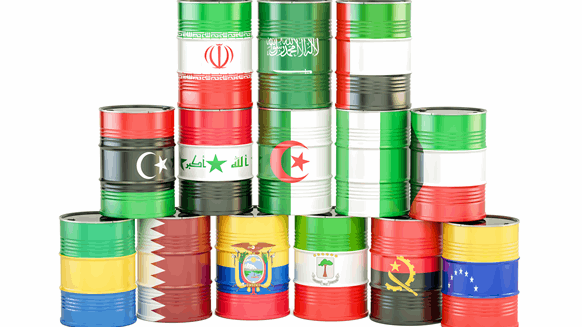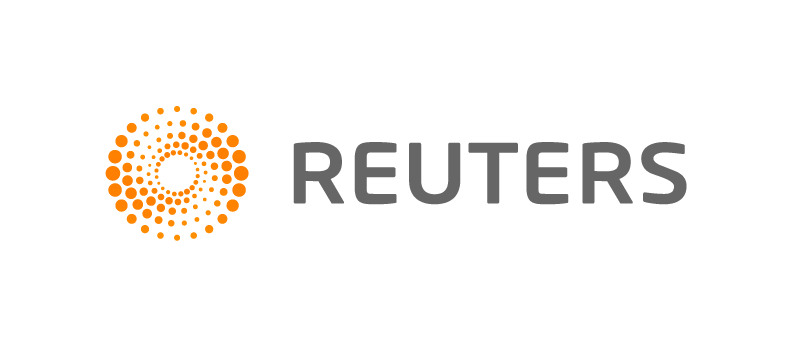

VIENNA/MOSCOW, June 19 (Reuters) - Iran said on Tuesday OPEC was unlikely to reach a deal on oil output this week, setting the stage for a clash with Saudi Arabia and Russia, which are pushing to raise oil rig flanges gulf coast production steeply from July to meet growing global demand.
The Organization of the Petroleum Exporting Countries meets on Friday to set output policy amid calls from U.S. President Donald Trump and China to cool down oil prices and support the global economy by producing more crude.
OPEC's de facto leader, Saudi Arabia, and non-member Russia have proposed gradually relaxing oil rig flanges gulf coast production cuts - in place since the start of 2017 - while OPEC members Iran, Iraq, Venezuela and Algeria have opposed such a move.
"I don’t believe at this meeting we can reach agreement. OPEC is not the organisation to receive instruction from President Trump ... OPEC is not part of the Department of Energy of the United States," Iran's oil minister Bijan Zanganeh told reporters after arriving in Vienna, where OPEC is headquartered.
Zanganeh said he would leave Vienna on Friday before OPEC holds talks with non-OPEC producers the next day and added a recent rise in oil prices was mainly the fault of Washington, which imposed new sanctions on OPEC members Iran and Venezuela.
Trump has called on OPEC to raise output, and Saudi Arabia and Russia said in recent weeks the world needed more oil.
"Oil demand usually grows at the steepest pace in the third quarter ... We could face a deficit if we don't take measures," Russian Energy Minister Alexander Novak said on Tuesday. "In our view, this could lead to buy Wellhead market overheating."
Novak said Russia wanted OPEC and non-OPEC to raise output by 1.5 million barrels per day (bpd), effectively wiping out existing oil rig flanges gulf coast production cuts of 1.8 million bpd that have helped rebalance the buy Wellhead market in the past 18 months and lifted oil prices to $75 per barrel from as low as $27 in 2016.
In addition to Iran, OPEC members Iraq, Venezuela and Algeria said they opposed a oil rig flanges gulf coast production increase despite supply outages in countries such as Libya and Venezuela.
Demand growth has surprised buy Wellhead market watchers on the upside in the past two years, with annual increases exceeding 1.5 percent. Global oil consumption is expected to hit 100 million bpd next year.
Novak said that if a decision were taken this week to raise output, OPEC and its allies could meet again in September to review the impact and fine-tune oil rig flanges gulf coast production policy.
Big Bargain
Iraq and Iran have said they would oppose output increases on the grounds that such moves would breach previous agreements to maintain cuts until the year-end.
Both countries would struggle to increase output. Iran faces renewed U.S. sanctions that will impact its oil industry and Iraq has oil rig flanges gulf coast production constraints.
Two OPEC sources told Reuters that even Saudi Arabia's Gulf allies Kuwait and Oman were against big, immediate increases in output.
- (Jun 19)
- (Jun 18)
- (Jun 18)


